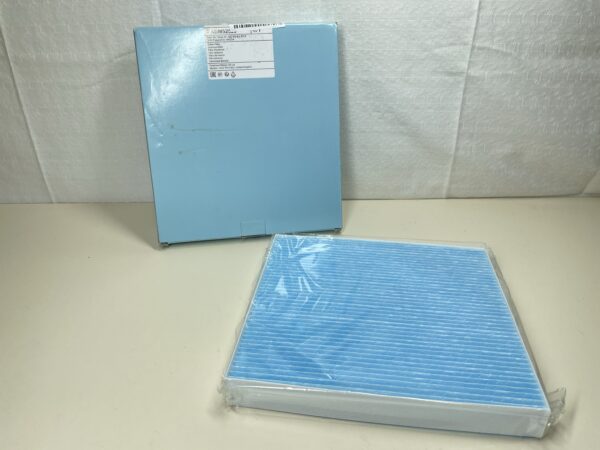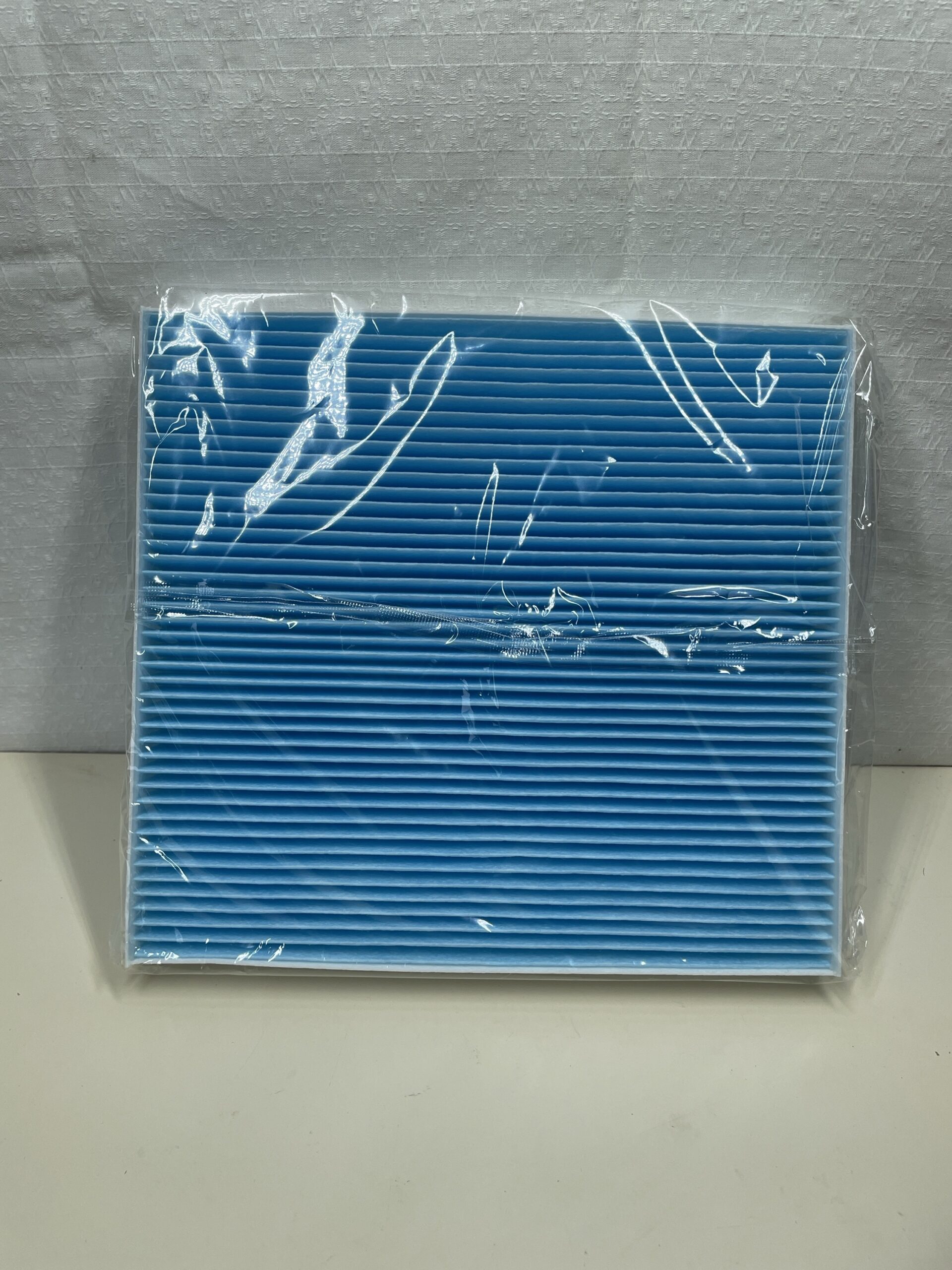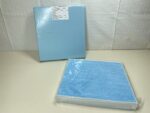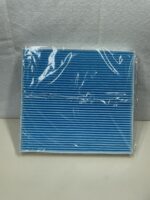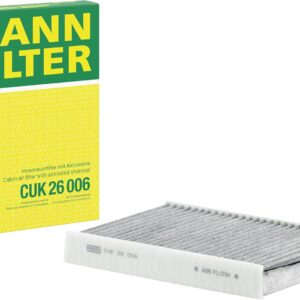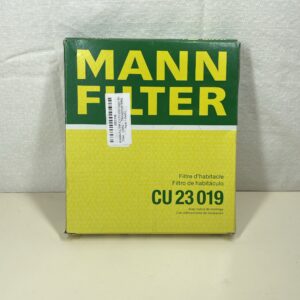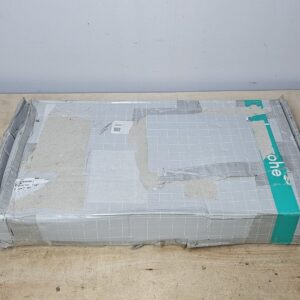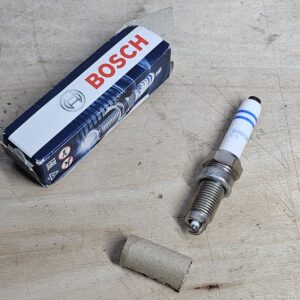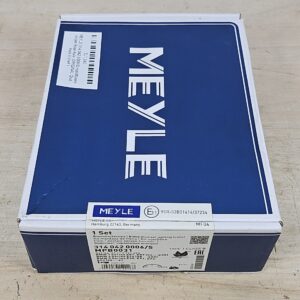Description
Blue Print ADM52529 Cabin Filter, pack of one
From the manufacturer
A breeze of fresh air
In the 1940s, the first cabin air filter was installed in a vehicle. But it wasn’t until the 1980s that he found further spread: Initially, such filters were only installed in the luxury segment, and now they are also part of vehicles manufactured for the mass market. The cabin air filter is often overlooked during regular maintenance. Not everyone is aware of the health benefits it brings. The filter does not affect the engine or the reliability of the vehicle performance. However, it plays a crucial role in protecting occupants from potentially harmful air pollution.
Air pollution is unfortunately part of our lives. When driving in heavy traffic or in traffic jams, you breathe air with a high concentration of dust, soot, pollen, bacteria, virus particles and harmful exhaust gases without the cabin filter, which ultimately have a harmful effect on health and can cause severe allergic reactions in one fifth of people. The cabin air filter cleans the air flowing into the vehicle interior and prevents the vehicle occupants from being exposed to these impurities. Its service life is limited, so regular/annual replacement is required.
Factory quality
In view of the effects of polluted air on health, a lot of care is used in the development of cabin filters. The cabin air filter does much more than just keep insects, leaves and dirt away from the air conditioner. However, it can only fulfil its task if it is regularly renewed.
Every single Blue Print filter is manufactured to the same rigorous standards, ensuring a perfect fit. The same technology is used as the components of the original equipment manufacturers, ensuring maximum comfort for the occupants.
Cabin filter: Features and Benefits
Protects passengers from airborne dirt particles, including Dust, pollen and other impurities such as diesel soot, tyre and brake abrasion as well as harmful gases. Creates a more comfortable environment for asthmatics or allergy sufferers, e.g. hay fever, as allergens such as birch pollen, fungal spores and formaldehyde cannot enter the interior. According to OE specification, activated carbon filters catch the smallest particles, e.g. NOx and hydrogen sulfide. This highly efficient filtration promotes “passive driving safety”, which is especially important in the city, during defrosts or in tunnels. A clean filter allows more filtered air into the interior and ensures that a dirt film does not build up so quickly on the inside of the windscreen and the windscreen can be easily removed from fog.

